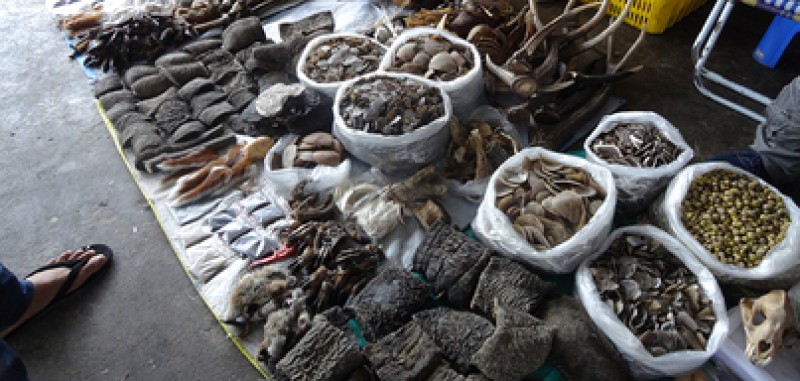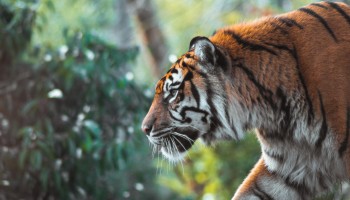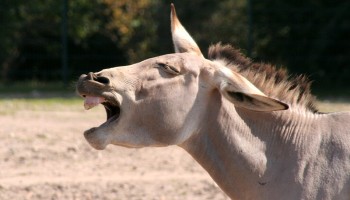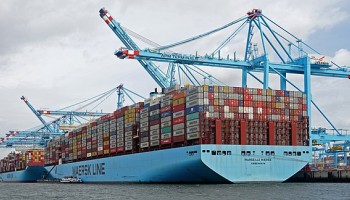Selling various mammals, meat of the critically endangered Sunda pangolin for consumption, elephant skin pieces for jewelry and juvenile bears as pets is a big business on local social media, from Facebook to Instagram.
“In 2021, the number of wildlife items for sale on Facebook increased by 74 per cent. This included a greater number of live bears and bear body parts and, for the first time since WWF began monitoring in Myanmar, ivory products and elephant skins, popular as materials for personal accessories and as purported cures in traditional Chinese medicine,” says a report from the World Wildlife Fund, an organization dedicated to the conservation of nature.
More than 11,000 wildlife parts from 173 different species were advertised online in the southeast Asian nation in 2021, up from 143 in 2020.
Out of 173 species traded in 2021, 54 are threatened with global extinction, according to the International Union for Conservation of Nature (IUCN) Red List of Threatened Species, an 80% rise on the number of similarly threatened species traded in 2020.
“Although the study targeted Myanmar’s domestic wildlife trade, Thailand was identified as the source of several bird species and some of the recorded items were likely for export to neighboring China or India. This indicates an overlap between domestic and cross-border trade, posing a threat from novel diseases to human health in the broader region,” the WWF report says.
Meta, the parent company which owns both Facebook and Instagram has long been criticized for its facilitation of illegal trade, in everything from endangered wildlife to antiquites, via loosely or entirely unmoderated groups, popular among traffickers.
“Most of the observed trade took place on open-access groups, where any Facebook user can buy, sell or browse illegal wildlife items. Purchases of legally protected species were discussed openly in public comments on these groups,” WWF says.
“This lack of secrecy suggests the trade on Facebook remains largely risk-free, thanks to the anonymity Facebook offers to sellers and buyers and the limited capacity of Myanmar authorities to control the trade,” it adds.
Very few online traffickers have ever been prosecuted in Myanmar according to WWF, and with the political crisis that erupted in the nation in February last year, law enforcement will likely continue to focus on other priorites.
All the while, Myanmar’s ecosystem faces significant threats from the traffickers.
“Poaching to service illegal trade can drive immediate wildlife population declines and cause long-term demographic problems, such as sex-ratio imbalances that slow the reproduction rate of vulnerable species over time,” WWF says.
It’s not just animals who are in danger either, keeping generally wild animals in close proximity with domesticated ones and even humans, creates a favorable environment for disease transmission across species and is the most common cause of new epidemics.
Meanwhile, Traffic, an NGO which tracks the global illegal wildlife trade, warns in a report that over 70,000 animals and 4,000 kilos of their derivative parts passed through 18 of India’s airports in the decade of 2011 to 2020.
“While the unprecedented growth of the airline sectors has facilitated the smooth transit of individuals and goods across the globe, it is also being exploited by traffickers to move illegal wildlife products speedily and with significantly fewer transit losses,” Traffic says.
The most prominent of airports was that of Chennai in southern India, while the most commonly trafficked category of species was reptiles.






